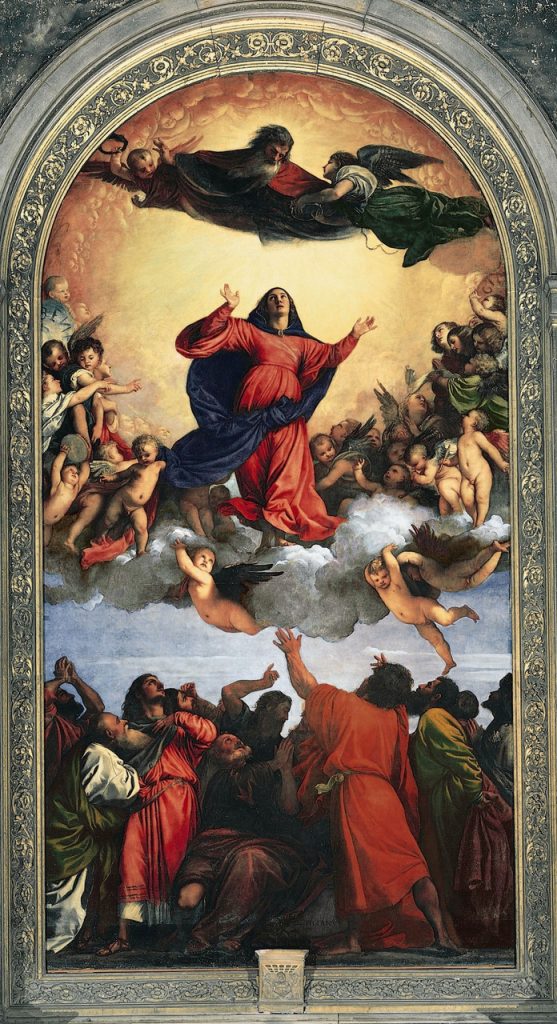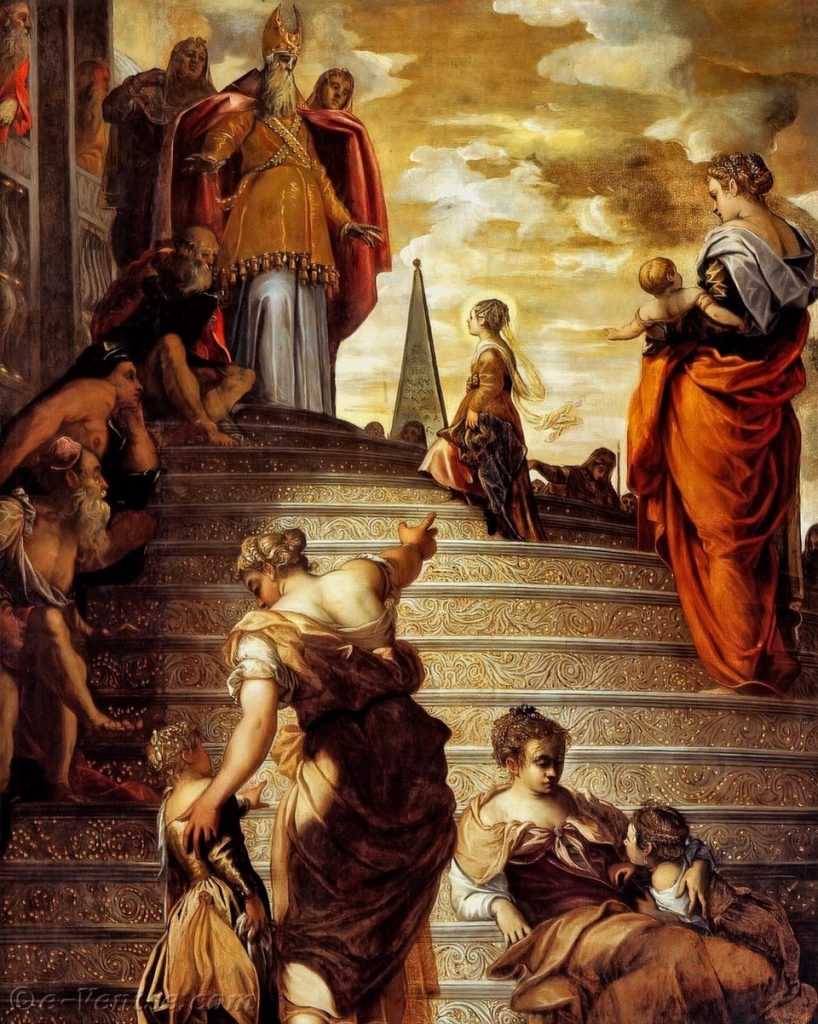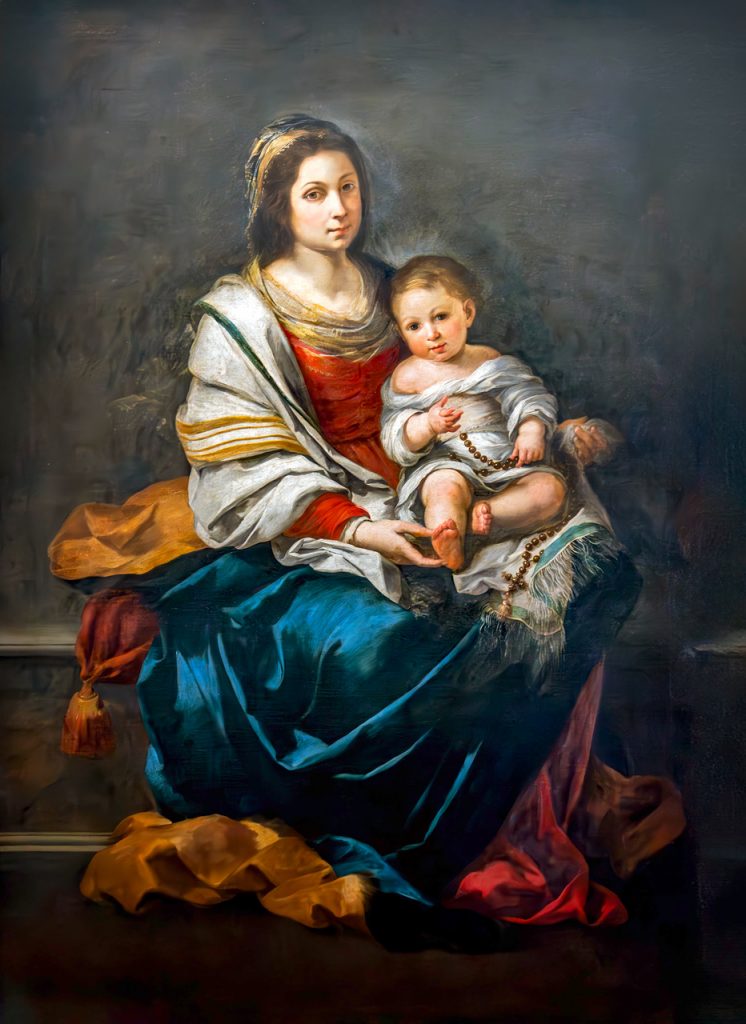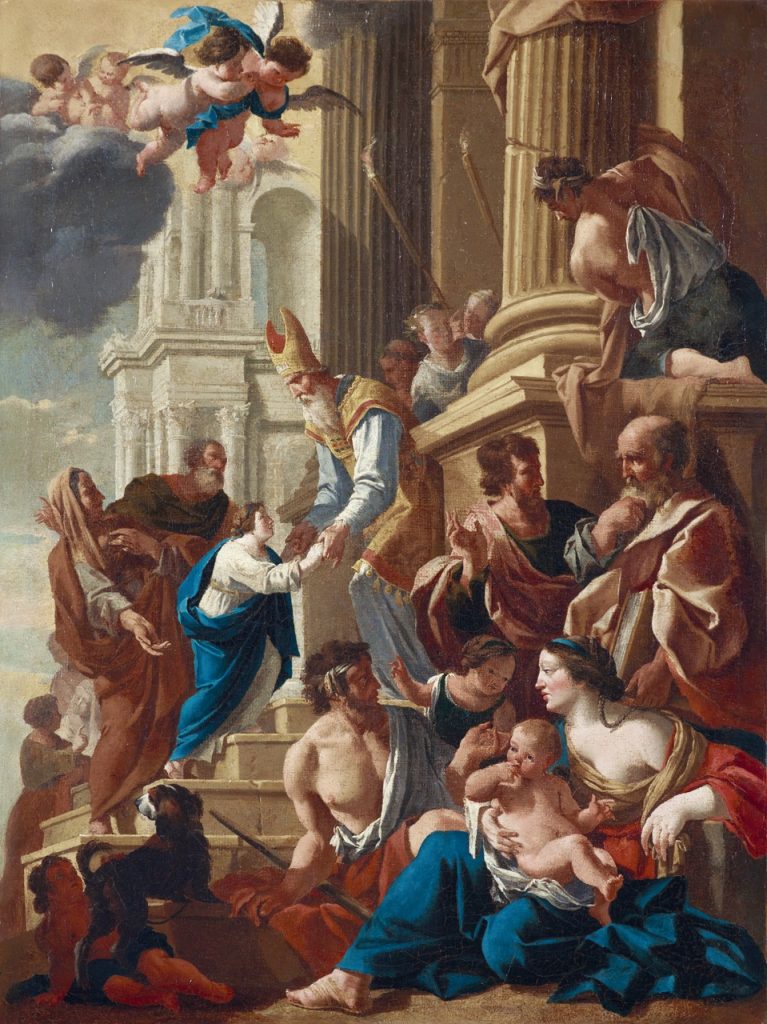With his masterpiece Vespro della Beata Vergine, Claudio Monteverdi gave us one of the major works of the early seventeenth century. As we did last year with the Brockes Passion, for which we brought together several composers to create a single, unified Brockes Passion, we have decided to place different composers in dialogue in order to create our own Vespers of the Virgin.
The texts sung at Vespers follow a very precise order: an alternation of five psalms and six antiphons, concluding with a Magnificat and a Salve Regina. The Vespers of the Capriccio Français Summer Academy 2026 will follow this structure, featuring an alternation of plainchant, solo pieces, and choral works (for four to six voices).
This programme will present Italian music by well-known composers such as Monteverdi, Scarlatti, and Vivaldi, alongside works by lesser-known composers to be discovered, such as Pietro Lappi and Bonifacio Graziani. These Vespers will also include two French composers, Lully and Charpentier, as well as two Spanish composers, Francisco Guerrero and Juan García de Salazar.
The choir will also celebrate the 150th anniversary of the birth of the eminent Catalan musician Pau Casals with his beautiful Nigra sum. Finally, we felt it would be interesting to build a bridge to our own time by adding a contemporary work to the programme: the Magnificat by Arvo Pärt
Claudio Monteverdi (1567 – 1643) – Domine ad adiuvandum (SSATTB)
Pietro Lappi (1575 – 1630) – Dixit Dominus (SSATB)
Pau Casals (1876 – 1973) – Nigra sum (SSA)
Jean-Baptiste Lully (1632 – 1687) – Laudate pueri (SSA)
Francesco Cavalli (1602 – 1676) – Laudate pueri (SSATB)
Alessandro Scarlatti (1660 – 1725) – Laetatus sum (SATB)
Antonio Vivaldi (1678 – 1741) – Laetatus sum (SATB)
Bonifacio Graziani (1605 – 1644) – Nisi Dominus (SATB)
Francisco Guerrero (1528 – 1599) – Lauda Jerusalem (SSATTB)
Marc-Antoine Charpentier (1643 – 1704) – Pulchra es (SSA)
Arvo Pärt (Né en 1935) – Magnificat (SSATB)
Juan Garcia de Salazar (1639 – 1710) – Salve Regina (SATB)

Some of the antiphons and the hymn will be chosen once the selection of the soloists has been completed, so that, for pedagogical reasons, the repertoire can be perfectly suited to the voices of each of the selected singers



